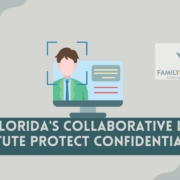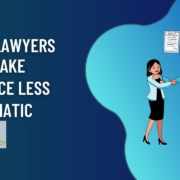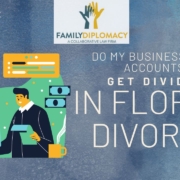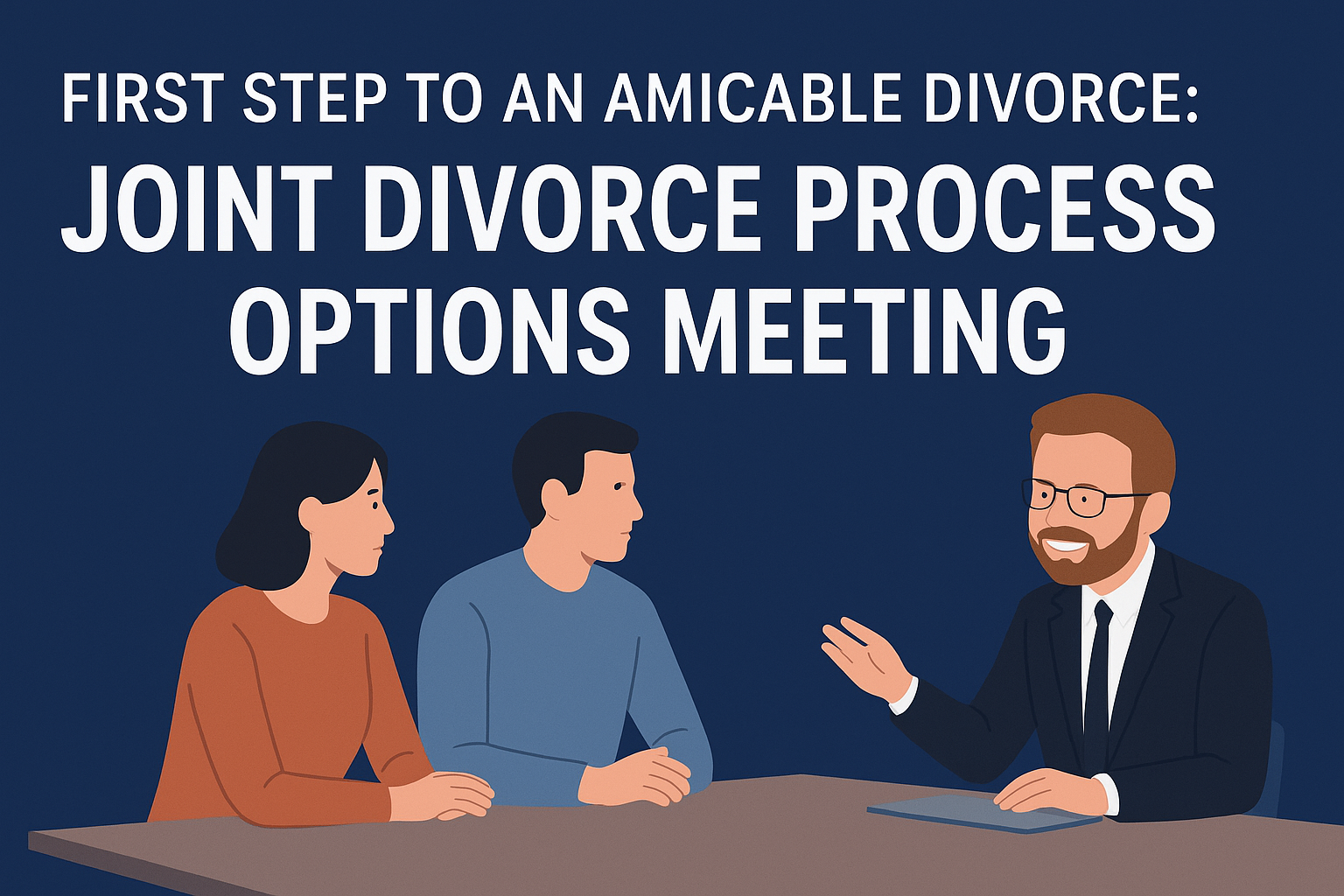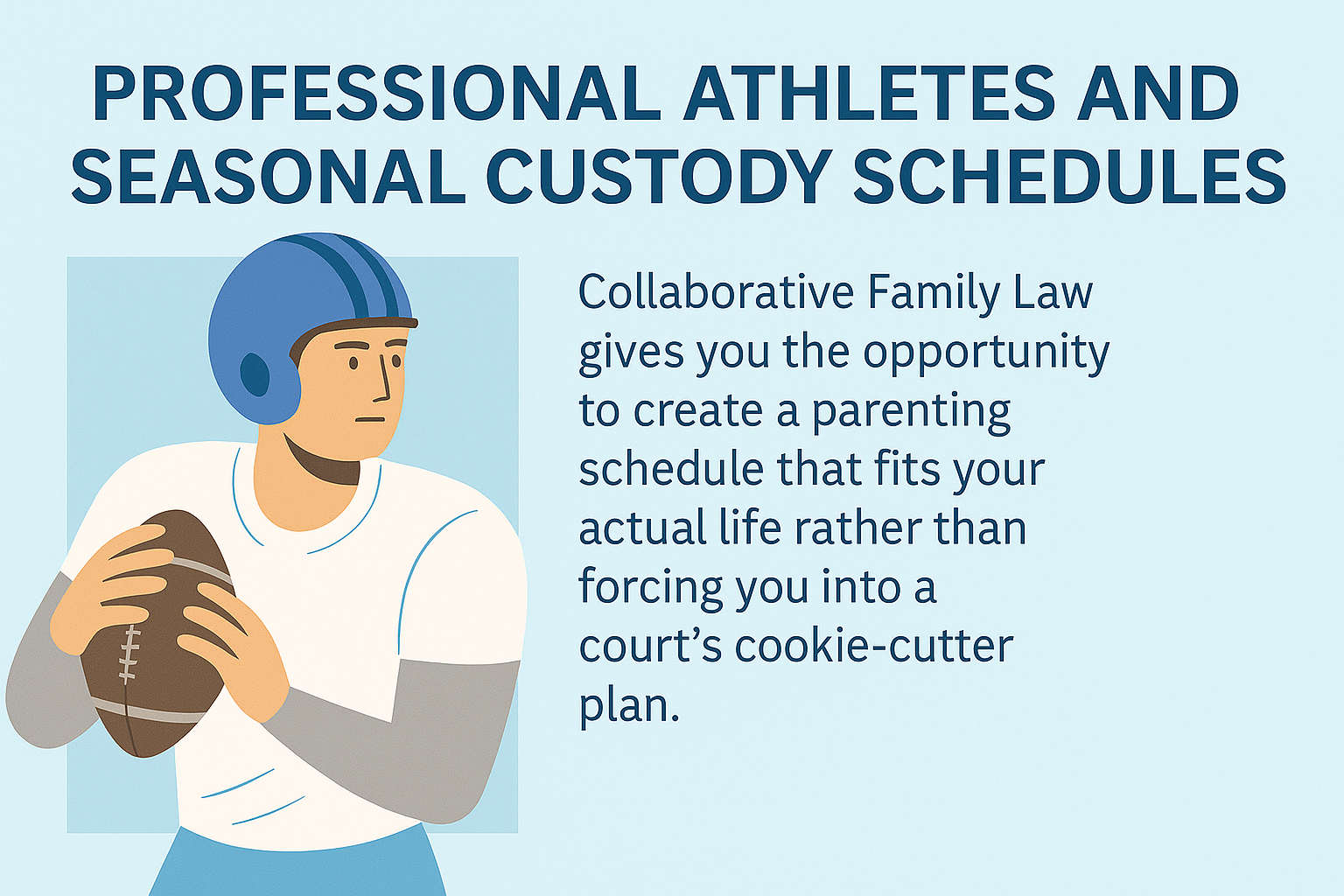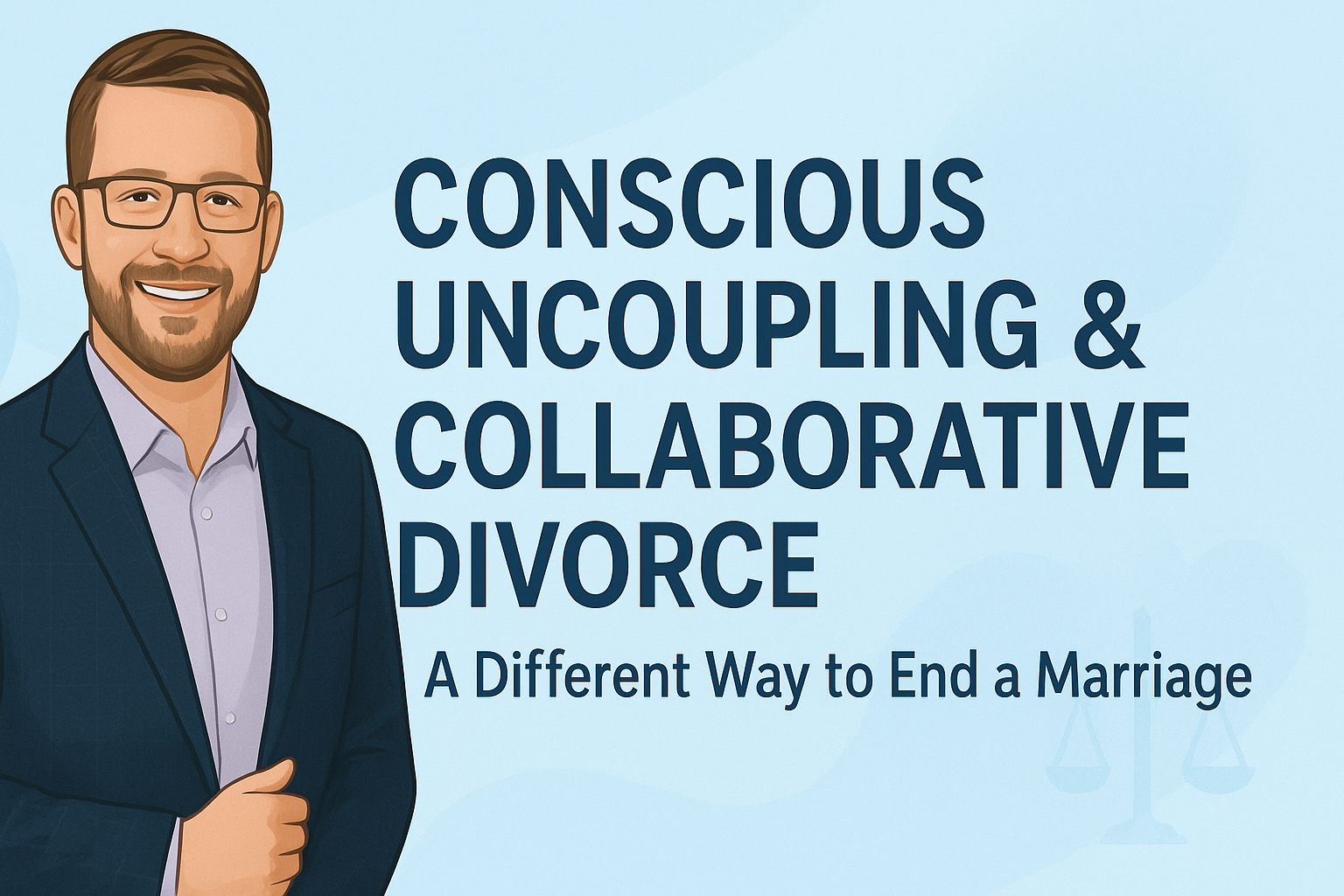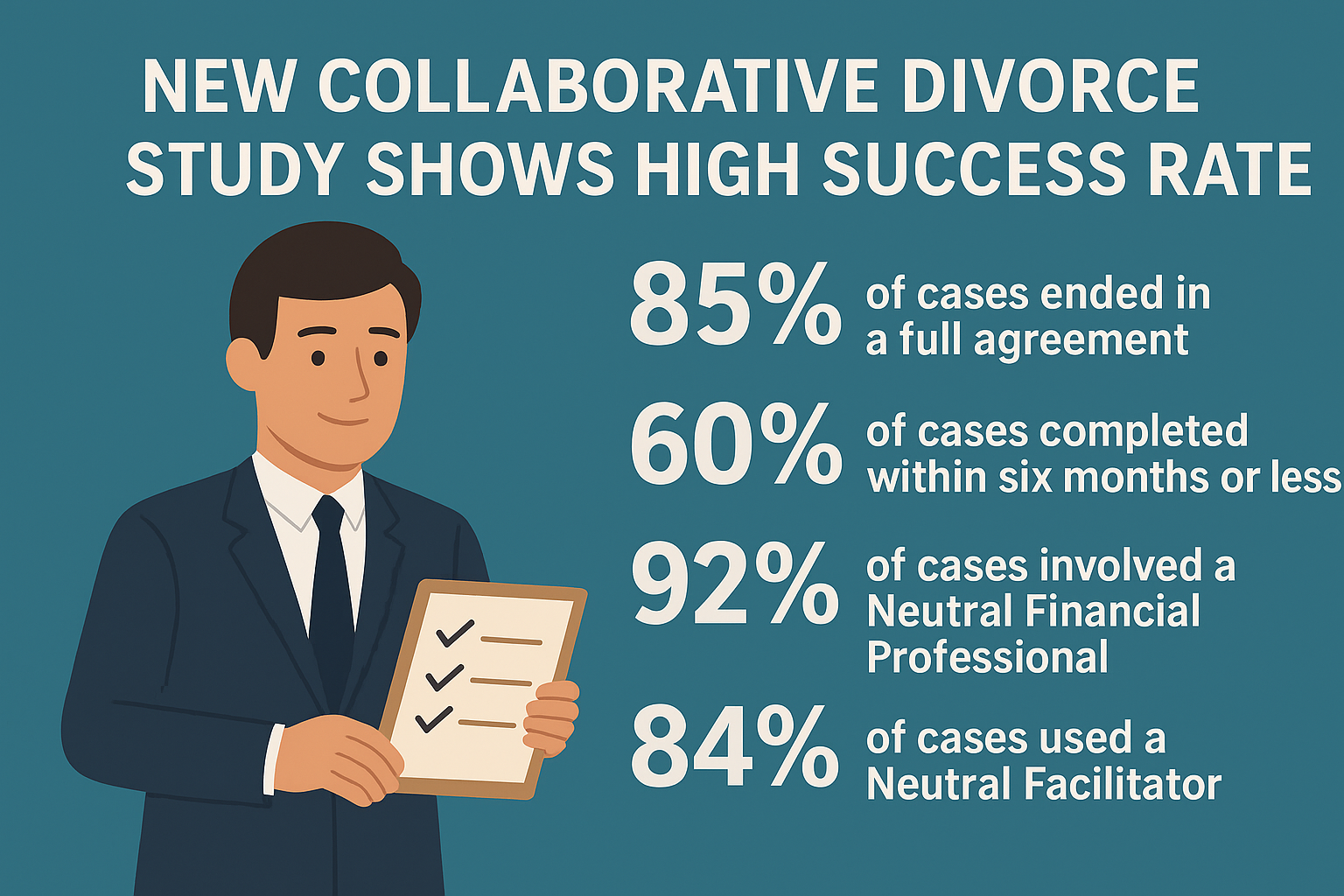Divorce Without Destroying Your Business: A Tampa Bay Guide for Owners
Protecting Your Small Business in a Tampa Bay Divorce
If you built a business in Tampa, St. Petersburg, Sarasota, or elsewhere in Florida, it likely represents more than income. It reflects years of effort, risk, and identity. When divorce enters the picture, the fear of losing control of that business can feel overwhelming. You may worry about public court filings, forced valuations, or a judge who does not understand how your company actually works.
You are not wrong to worry. Traditional divorce litigation often puts small businesses at risk. Fortunately, there is a better way.
Quick Answer
You can protect your small business in a Tampa Bay divorce by using Collaborative Divorce, which keeps negotiations private, avoids court-imposed decisions, and allows tailored solutions that preserve business operations and long-term value.


